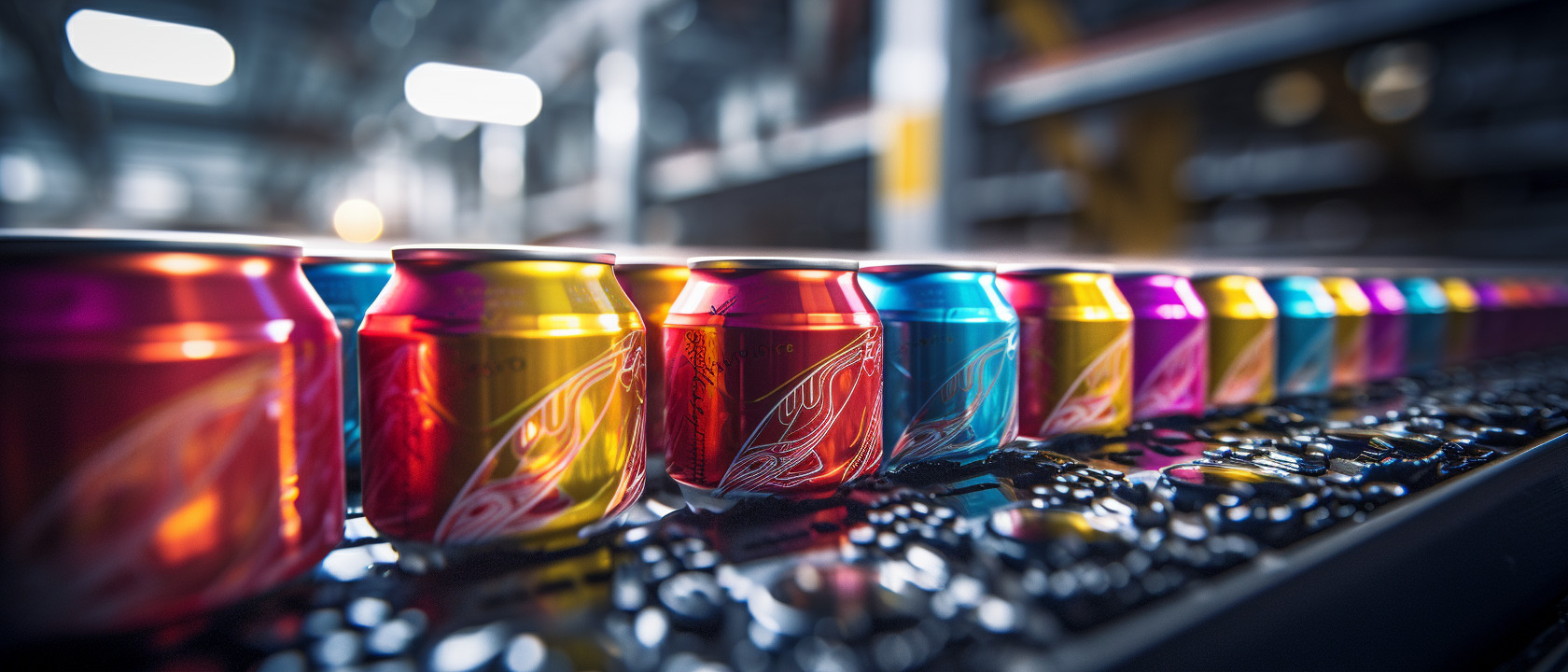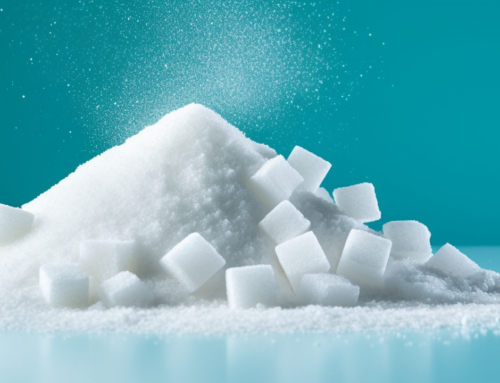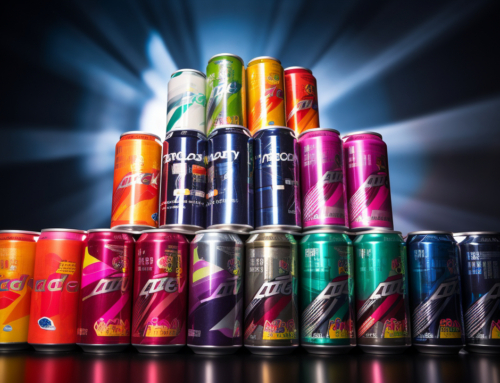Energy drinks undergo a meticulous manufacturing process, primarily focusing on combining specific ingredients to deliver a rapid and intense boost in energy and alertness. The main ingredient in most energy drinks is water, serving as the foundation for the formulation. Caffeine, a central nervous system stimulant, is a key active component, either derived from natural sources like coffee beans or synthesized in a laboratory. Caffeine plays a pivotal role in promoting heightened wakefulness and mental alertness, contributing to the energizing effects of these beverages.
Alongside caffeine, energy drinks commonly include sugars or artificial sweeteners for taste and a quick energy release. However, it’s crucial to note that the sugar content, while providing rapid energy, is often considered unhealthy due to its association with potential weight gain and dental issues.
Beyond caffeine and sugar, energy drinks may feature additional ingredients like taurine, B-vitamins, amino acids, and herbal extracts to enhance the overall stimulating effects. The manufacturing process prioritizes precise blending of these components, ensuring both a desirable taste and the intended energizing impact. Quality control measures are implemented to guarantee consistency and safety in the final product, emphasizing the importance of consumer awareness regarding the ingredients and the necessity for moderate consumption.
Energy drinks are very different from energy formulas.




